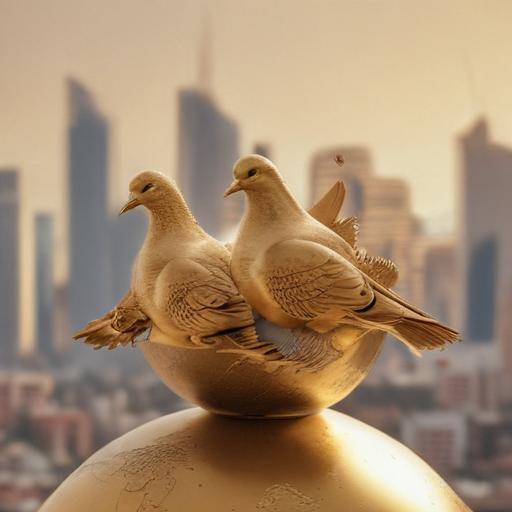Gulf Arab states are increasingly concerned about the stability in Iran and have ramped up diplomatic efforts with both the Trump administration and Tehran to prevent further conflict. With fears that the complete collapse of the Iranian regime could destabilize the region, the United Arab Emirates has been proactive in engaging with officials in Washington and Tehran.
Anwar Gargash, an advisor to the UAE president, emphasized the need for diplomatic solutions, stating, “We’re following the situation very closely… if we choose to tackle everything with a hammer, nothing will be left unbroken.” This sentiment is echoed across the Gulf, with leaders from Saudi Arabia and Qatar also advocating for de-escalation following recent military actions by Israel against Iran, which targeted its military leadership and nuclear program.
Crown Prince Mohammed bin Salman of Saudi Arabia reached out to President Trump to advocate for a calmer approach, while Qatari officials highlighted ongoing communications aimed at diffusing the tensions. This collective regional effort underscores the shared desire to prevent a wider conflict and maintain stability.
Experts express concern that a military conflict involving the U.S. could spiral into a broader quagmire, akin to the protracted conflicts in Iraq and Afghanistan. It is believed that a chaotic scenario in Iran could exacerbate the situation, with risks of a power vacuum resulting in uncontrolled military assets.
Firas Maksad from the Eurasia Group pointed out that although Gulf states see an opportunity with a potentially weakened Iran, they prefer diplomatic avenues to ensure stability. The recent announcement from President Trump about a two-week diplomatic window allows Gulf partners to push for dialogue, offering a ray of hope amid a fraught environment.
Positive developments in diplomacy could pave the way for greater regional stability, ensuring that conflicts do not escalate further and that the humanitarian and economic impacts on the Middle East are mitigated. The ongoing diplomatic overtures suggest a hopeful willingness among Gulf states to seek peaceful resolutions in a historically tumultuous region.
